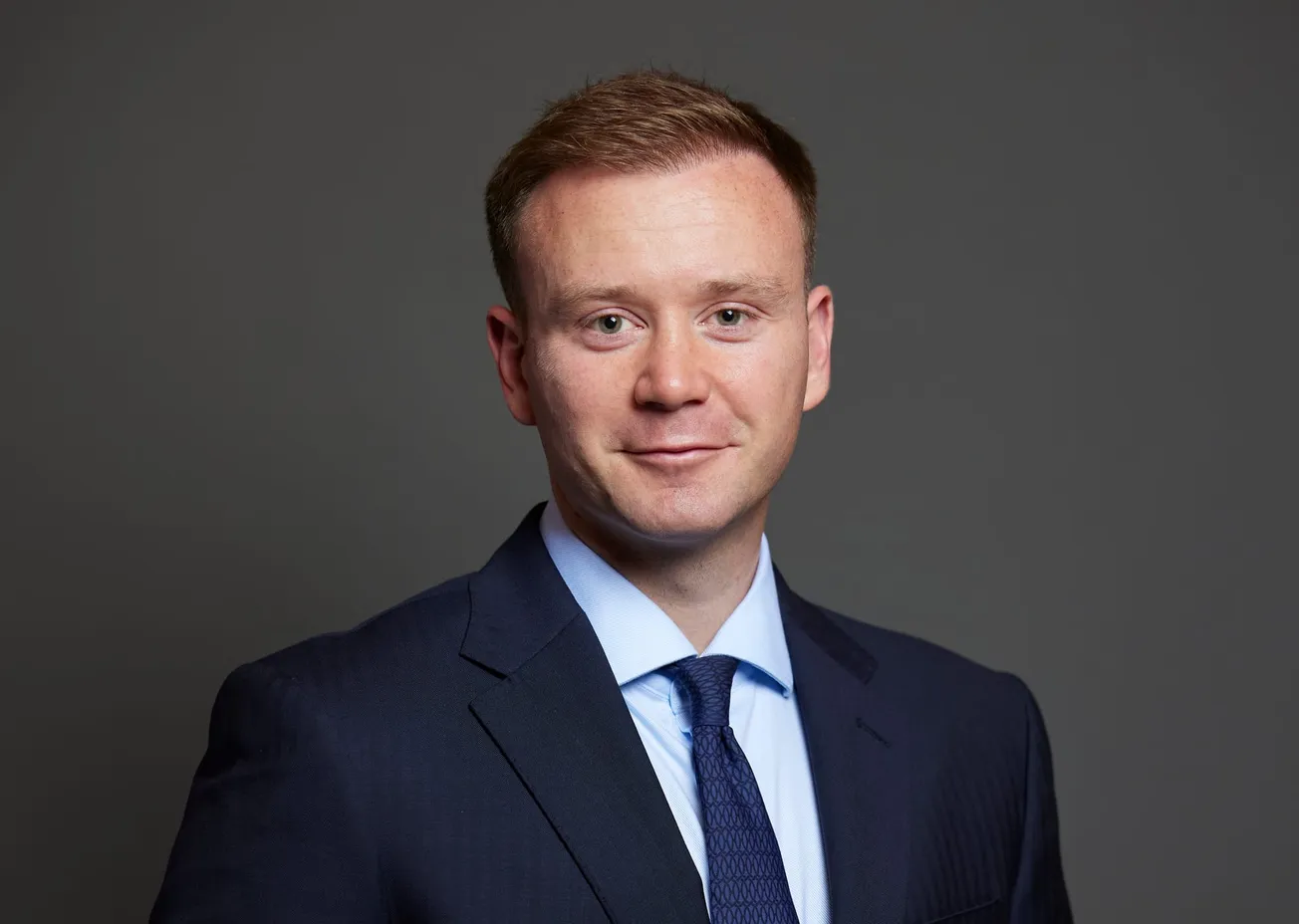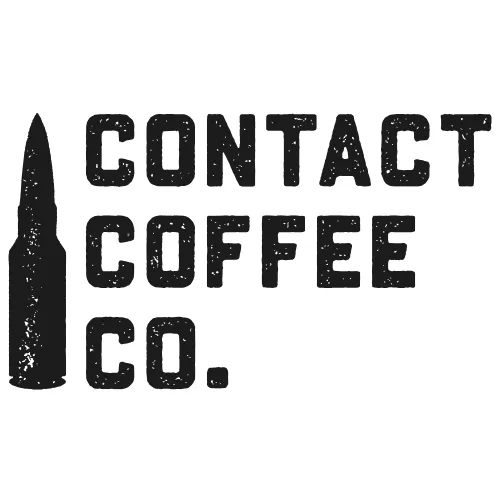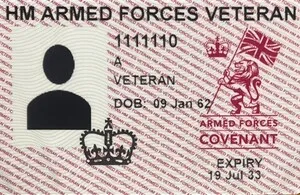Table of Contents
Being a veteran in the UK today means much more than simply having once worn a uniform. It’s an identity shaped by unique experiences, deeply held values, and a complicated relationship with the society veterans once served.
Veterans, by definition, are individuals who have left active military service, yet societal perceptions often reduce this complex identity to narrow stereotypes—heroes or victims, disciplined or damaged. Rarely does society pause to appreciate the depth and diversity that veterans bring into civilian life, beyond superficial labels.
In truth, veterans are as varied as any other community. They are entrepreneurs and artists, public servants and business leaders, teachers, and tradespeople. Their military service is just one thread in the fabric of their identity—significant but not singular. Yet, it’s this very thread that uniquely positions veterans to contribute richly to their communities. They bring invaluable perspectives on teamwork, resilience, adaptability, and integrity; skills hard-won through service in challenging and often life-changing environments.
Despite this richness, societal perceptions can swing between admiration and misunderstanding. On one hand, veterans are celebrated publicly on Remembrance Day, recognised for their sacrifices and bravery. On the other, they often find themselves confronting misconceptions that pigeonhole them as troubled or inflexible. This dichotomy highlights the gap in public understanding of what veteran identity genuinely involves.
For many veterans, transitioning to civilian life can feel like navigating an entirely new world—a process society often underestimates. The uniform, so integral to their past identity, is exchanged for civilian clothes that don’t come with the same clear expectations or recognition. Rebuilding a sense of purpose and redefining one’s identity away from rank, role, or regiment can be daunting. Yet, it is also a time of profound personal growth and opportunity.
Moreover, veterans are increasingly vocal about reclaiming their narratives, challenging outdated perceptions, and emphasising their capabilities rather than vulnerabilities. Veterans today advocate for recognition beyond ceremonial thanks, calling for practical support in employment, education, mental health, and housing. They encourage society not just to honour the veteran identity symbolically but to understand and value it in tangible, everyday ways.
Veteran Magazine aims to broaden this conversation. Recognising veterans as complex individuals with diverse strengths, needs, and aspirations means moving beyond simplistic hero-worship or pity. It means engaging genuinely with the veteran community to understand their experiences, leveraging their strengths to build inclusive communities that truly appreciate what veterans bring to civilian life.
As society evolves its understanding, veterans also continue to redefine what being a veteran means—highlighting not only past service but their ongoing contributions, resilience, and ability to inspire change.
Ultimately, being a veteran in the UK today means navigating an identity rich in contrasts—one rooted deeply in service and sacrifice, yet dynamic and evolving in response to contemporary society. It’s about being seen, heard, understood, and valued—not just for what veterans once did, but for who they continue to become.






